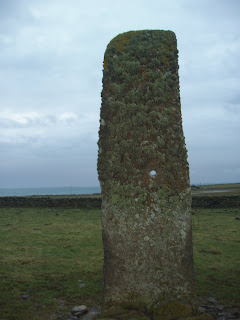
A few weeks ago I read an article in the Observer about the assassination of a drug baron from Liverpool and found a sentence which announced that 'senior Liverpool criminals' had gathered in a luxury hotel ...', something like that. It was the idea of 'senior Liverpool criminals' that was incongruous, with its implicit tone of respect.
But that is just a random thought occasioned by the fact that I was about to say something about senior university policy makers ... they are more or less forced, out of political expediency, to match the forms of Government discourse and rhetoric in their negotiations about funding, forced, that is to say, to present at least in public an instrumental or utilitarian model of their own activities in the hope that this will sway politicians in their favour. Some of these senior figures do this with a heavy heart and think of themselves, try to think of themselves, present themselves, as providing us academics by this means, by this instrumentality, with shelter, with 'air cover' (as one of them said today), so that we can do what we believe to be genuinely important.
But there is something insidious about the instrumentalism that they thus pay lip-service to (or present themselves to us as paying lip service to: I am a very suspicious person). It starts to infiltrate and infect our own thinking, it leads us to think anyway in instrumental terms, in terms of our competitors, of their vicious competition (a true expression), which is always worse for being global, and in terms of our 'brand' and our 'product', it leads us to think in terms of quantities.
The point is that when we (the infantry) challenge this whole way of thinking then there is the rhetorical move I mentioned a moment ago, viz that this language provides us with air cover and shelter, even though we have just been urged in effect to think in just these terms: it doesn't have that function, it is how we are required to think, and there is an unspoken ambivalence and troubled uneasiness about it all, and to resist or question is merely 'unhelpful'.
And the point and problem of all this is that it is easy to think instrumentally and difficult to think, how? non-instrumentally? Well, that very phrasing itself, the use of the negative, shows the difficulty. What is difficult is to think. And this is what universities are supposed to be for. In fact what I have called 'utilitarian' or 'instrumental' thinking isn't really 'thinking' at all: it is merely reasoning in which the premises are already uncritically accepted and in place And in this context that is a trahison des clercs.
Gillian Howie has written about all this.
















